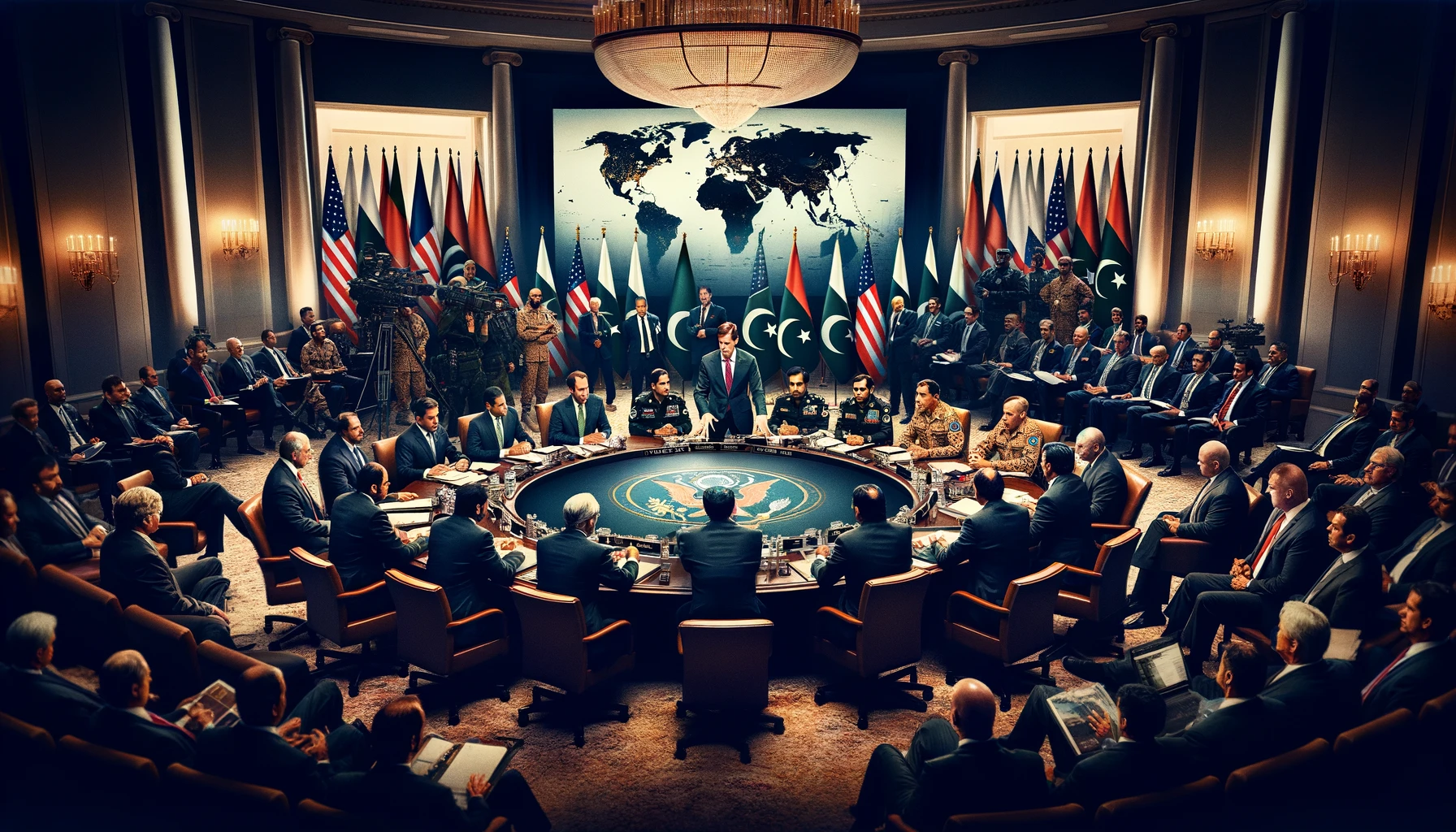In recent years, Israel has made significant strides in establishing diplomatic relations with several Muslim-majority countries, a development that was previously unimaginable. This shift is largely attributed to the efforts of the United States, which has played a crucial role in facilitating these rapprochements. In this article, we will explore the key factors behind Israel’s diplomatic breakthrough and the implications of these new alliances.
The Abraham Accords: A Historic Turning Point
The Abraham Accords, signed in 2020, marked a historic turning point in Israel’s relations with the Muslim world. The Accords, brokered by the US, brought together Israel, the United Arab Emirates (UAE), and Bahrain in a landmark agreement that established diplomatic relations and paved the way for economic and cultural cooperation.
US Diplomatic Efforts
The US has been instrumental in facilitating Israel’s diplomatic openings with Muslim nations. The Trump Administration’s Middle East policy, led by Jared Kushner, focused on building bridges between Israel and Arab states. The US recognized Israel’s sovereignty over the Golan Heights and Jerusalem moves that helped build trust with Israel and created an environment conducive to diplomatic progress.
Shared Interests and Common Enemies
Several factors have contributed to Israel’s newfound relations with Muslim countries:
Shared Concerns about Iran
Israel and many Arab states share a common enemy in Iran, which has been a driving force behind their rapprochement. The threat of Iranian expansion and nuclear ambitions has created a sense of urgency and shared purpose.
Economic Cooperation
The prospect of economic cooperation and investment has been a significant draw for many Muslim nations. Israel’s technological prowess and innovation have made it an attractive partner for countries seeking to diversify their economies.
Counter-Terrorism
The fight against terrorism has also brought Israel and Muslim nations together. Shared intelligence and security cooperation have helped combat common threats, such as ISIS and Al-Qaeda.
Implications and Future Prospects
Israel’s diplomatic breakthrough with Muslim nations has far-reaching implications:
Regional Stability
Improved relations between Israel and Muslim countries can contribute to regional stability, reducing tensions and creating a more peaceful environment.
Economic Growth
Economic cooperation and investment can drive growth and development in the region, creating new opportunities for trade and commerce.
Palestinian-Israeli Peace
While the Israeli-Palestinian conflict remains unresolved, the new alliances could potentially create a more conducive environment for peace talks and a two-state solution.
Conclusion
Israel’s diplomatic relations with Muslim countries, facilitated by the US, mark a significant shift in the region’s political landscape. Shared interests, common enemies, and economic cooperation have brought former adversaries together, creating new opportunities for regional stability and growth. As these relationships continue to evolve, they may also contribute to a more peaceful resolution of the Israeli-Palestinian conflict









